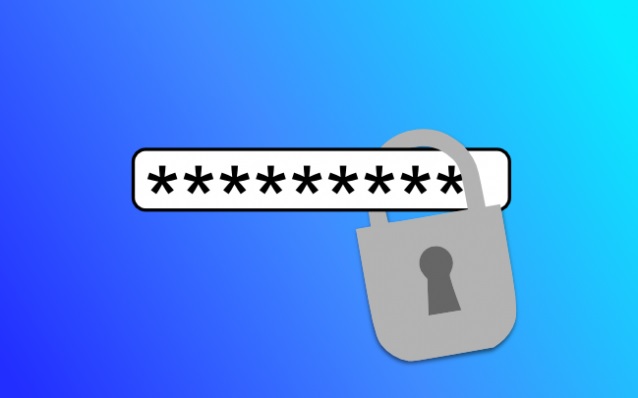How To
5 tips to prevent security issues with your phone

- December 20, 2017
- Updated: July 2, 2025 at 6:42 AM

Every day we browse more and more using our cell phones. Data analytics on how we use the Internet in our day-to-day lives speak for themselves: smartphones and tablets are the preferred tools most of the time, far more than computers. Properly protecting ourselves on these devices is key for browsing worry-free, so here are five tips to prevent potential security issues.
Don’t connect to just any network
We know that data plans are used up at frightening speeds, which can make WiFi networks seem like our big saviors. However, you must be careful with them. More so than you think.
Everybody connected to an open WiFi network is exposed to having their data visible. With that in mind, we recommend you don’t abuse these networks; ideally, you would never connect to them. Better wait a while, than get hacked.
Don’t put your phone number online
Security experts don’t get tired of saying it: we’re putting more and more personal data on forums, social media, websites and a long list of services. Most of the time, this data is protected, but sometimes it isn’t. Their advice is simple and straightforward: don’t post your cell phone number on public and easy-access websites.
Remember that with your personal phone you don’t just call, you can also recover passwords for a number of services (Google, Twitter, Facebook and even several banking apps). Posting your phone number is exposing yourself to third-party attacks. And that’s no fun, we can assure you…

Don’t browse on questionable websites
This recommendation is the easiest to follow: don’t go on websites that may seem suspicious. Numerous sites are flooded with questionable advertising that may introduce malware onto your smartphone.
In the case of Android, this is extremely important, so pay close attention to all the websites you visit. And remember: it’s better to close a page now than pay the price later (and experience a slower cell phone, though that’s another story.)
Use an antivirus
This fourth tip goes hand-in-hand with the previous one: if you think you’re going to browse websites that may harm your cell phone, our advice is to install an antivirus program as soon as possible.
There are antiviruses of all kinds: free; paid; simple options; complicated options with extensive customization options; etc. Choose the one that best suits your needs, though, in general, the best-known brands for your PC are also the best deals for your cell phone.
Protect your phone with access control
Statistics show that a ton of users don’t even have lock patterns on their devices. This means that with just one motion, your cell phone can be unlocked. In other words, if your smartphone falls into the wrong hands, everything on it can be accessed in an instant. Total catastrophe.
Adding a lock pattern, a numeric password, a fingerprint sensor or even an eye scanner is a security tip that must be followed from the moment you buy a device. Go to settings, privacy/security and set the one you like best. But without fail, do it.
Latest from Softonic Editorial Team
You may also like
 News
NewsProSpy and ToSpy: the latest spyware threats disguised as messaging applications
Read more
 News
NewsPersonalized ads are coming to Facebook and Instagram thanks to conversations with AI
Read more
 News
NewsThese are the new releases coming to Crunchyroll this fall
Read more
 News
NewsElon Musk asks followers to cancel their Netflix subscriptions
Read more
 News
NewsThe Russos share an image that could provide clues about the upcoming Avengers movie
Read more
 News
NewsThe queer dating reality show on Netflix has come to an end and will not have a third season
Read more